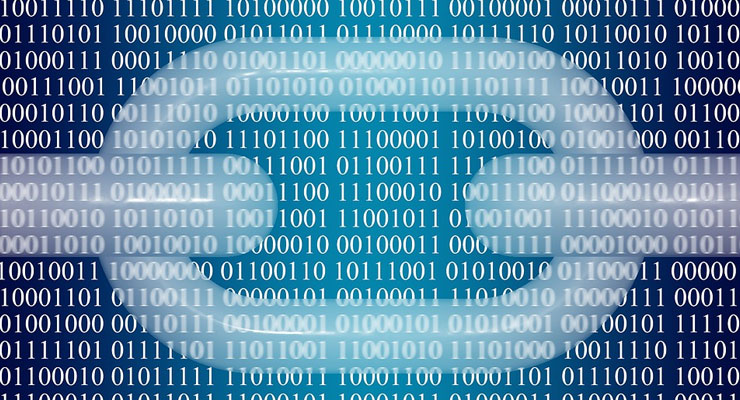
Will artificial intelligence destroy democracy? Some political scientists and democracy scholars think that it might. The thinking goes something like this: inequality will rise as jobs continue to be automated, which will cause distrust in the government and create fertile ground for authoritarianism.

Jay Yonamine is uniquely qualified to weigh in on this issue. He is a data scientist at Google and has a Ph.D. in political science. He has an interesting perspective on the relationship between automation and democracy, and the role that algorithms and platforms play in the spread of misinformation online.
Yonamine joins the Democracy Works podcast this week to discuss the ways that technology companies are handling the challenges posed by AI, and how all of us can be smarter about the content we consume online.
Democracy Works is produced by the McCourtney Institute for Democracy at Penn State and WPSU Penn State. New episodes are released every week. Subscribe to the show in your favorite podcast app.
David Anderson says
Thx for the heads up, I’ll listen in. Nick Bostrum’s work on AI is interesting, as are theories about racist/biased algorithms. AI is not really “deep” learning from a neurological perspective – despite the hype – but we don’t really need it to be any deeper to screw us: note the influence of fb and particularly, the psychometric tests and targeting via big data of Cambridge Analytica in the last election. I’m not sure it had that large an effect in terms of “converting” people, more it helped polarize folks and helped the crazies dig their heels in more, but it is still dangerous and that technology is already around.
Jenna Spinelle says
Thanks for listening, David! I’ll check out Nick’s work. Another book I often recommend to people looking for a different perspective on these issues is The Fourth Age by Byron Rreese. He’s a futurist, but has a humanities background and looks at AI through that lens.